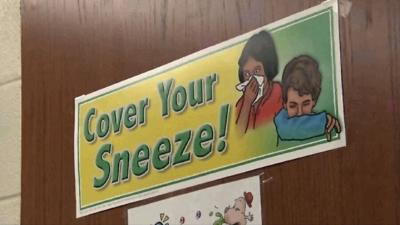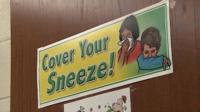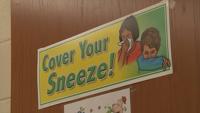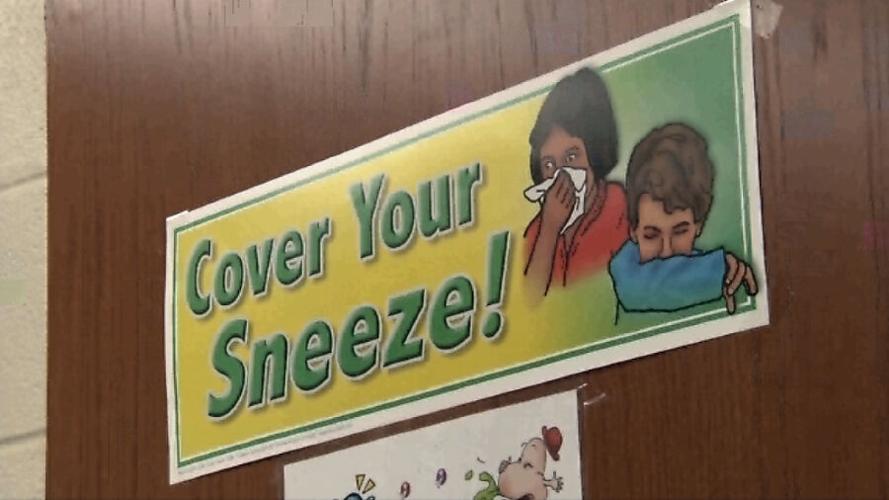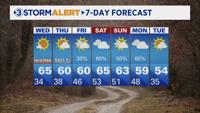A local pediatrician said there's been a spike in strep throat cases lately and illness in children in general.
Dr. Allen Coffman, a pediatrician at Highland Pediatrics, said there could be multiple reasons for the spike in cases and sickness.
"There was a big bump right as school started," Dr. Coffman said. "It calmed down for a little bit, and then these last two weeks, it's back up again."
He said one reason could be that people aren’t taking care of their hygiene properly.
"Everyone was so careful and so vigilant during the pandemic," Dr. Coffman said. "I see people who are less careful with just general hygiene."
He also said that recent studies show how Covid-19 affects the immune system.
"There's some specific changes that happen that make you less able to fight viruses and strep-bacteria, specifically," Dr. Coffman said. "It's six weeks to eight months that you'll see some suppression in your immune system."
Because of this, he thinks a lot of kids came into the school year without clearing their illness.
"I think a lot of kids couldn't clear it. That makes it harder- makes it easier to spread, because you've got it in the community more, it's lasting longer, and there's more exposures," Dr. Coffman said. "It just makes fighting it a lot more difficult."
He said leaving strep untreated could lead to more serious complications.
"You can get Rheumatic fever. You can get kidney damage. You can get heart damage," Dr. Coffman said. "That's why you want to be aggressive with strep. It's also is no fun to have, so treating it makes it clear faster and also limits spread to other people."
He said strep can look like anything, but there are some classic symptoms to look out for.
"The classic symptoms are going to be bad headache, you feel bad, most people run fever, usually you have a very bad sore throat- with adults, it'll be the worst sore throat you've had in a long time," Dr. Coffman said. "You also tend to have GI symptoms- most people will have a little bit of nausea, or vomiting."
He said people need to be without fever and on antibiotics for at least 12 hours before interacting with others and, to stop this from continuing, people need to bring back good hygiene habits.
"We need to get back into the habit of coughing into our arms, making sure we use Kleenex when we blow our nose and wash our hands well before we eat," Dr. Coffman said.
He said he’s also seen a spike in anxiety, especially when it comes to illness, causing people to become even more susceptible to viral infections and strep. He urges people to give themselves grace and take some time for self-care.

